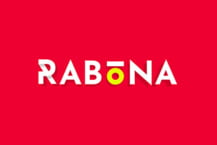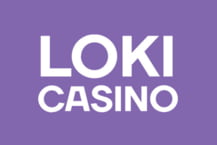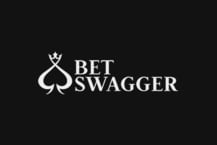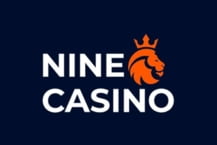All forms of gambling were illegal on the territory of Slovenia until 1989. The Slovenian gambling industry started developing in 1995 when the country’s Gambling Act, which made casinos and slot halls legal, was adopted. Gambling operations in the country became attractive both to local players and foreign tourists, and gambling was refocused upon the tourism industry, offering casinos, which were especially set up to attract foreigners. Up to 2013, online gambling in Slovenia was neither legal nor illegal.
In accordance with the Slovenian Gambling Act, no one under the age of 18 years is permitted to enter a casino, play slot machines, or participate in online gambling. According to the Republic of Slovenia Statistical Office 2017, Slovenia’s revenue from gambling and betting is averagely EUR 341 million a year.
Laws and Regulators
The Gambling Act 1995, as amended, is focused on licensing and overall regulation of all gambling operations on the territory of Slovenia. The Amended Gambling Act legalized online gambling in 2013.
Gambling is overseen by the Financial Administration of the Republic of Slovenia (FURS), a special regulatory authority, which operates within the Special Financial Office. The FURS is responsible for the supervision of the gambling activities included in the Gambling Act and in other gambling related legislation.
Land Based Casinos
According to the 2018 Annual Report from the Ministry of Finance, Slovenia’s casino gaming revenue in 2018 was over EUR 150 million. Under the current law, all Slovenian casinos are mainly state-owned. Foreign ownership of casinos is not prohibited for entities from the EU. Concessions are granted up to 10 years. Casino concession taxes are distributed in the following way: 47,8% goes to the region, 47,8% – to the state, 2,2% – to charities, and 2,2% – to the development of sports.
Currently, 10 casinos operate in 9 Slovenian cities. Casinos are often located in large tourist and border areas and are tourist/foreign-oriented. They cater specifically to Italian and Austrian players. Two casino hotel properties, for example, are located in Nova Gorica, on the Italian border. The leading casino operator in Slovenia is the state-owned company HIT, d.d. The HIT group currently owns seven of the country’s ten casinos (https://www.hit.si/si/hoteli-in-igralnice?filter[]=casinos).
Smoking is prohibited unless a casino has an indoor smoking room. Entertainment and alcohol are permitted in the casino properties.
Online Gambling
Unlike the casino sector, the online gambling is domestically oriented. Online gambling providers are required to apply for a license to operate on the territory of Slovenia. Applications for online gambling licenses are limited to Slovenian registered companies already holding a land-based classic games license or a casino license. The current Gambling Act allows both classical gambling (lottery, bingo, and sports betting) and special gambling (table games) to be organized online.
Unauthorized websites are fined and banned in the country. The Ministry of Finance is permitted to require ISPs to block access to online gambling websites which are not licensed by the Slovenian Government. Payment blocking measures are also used.

































